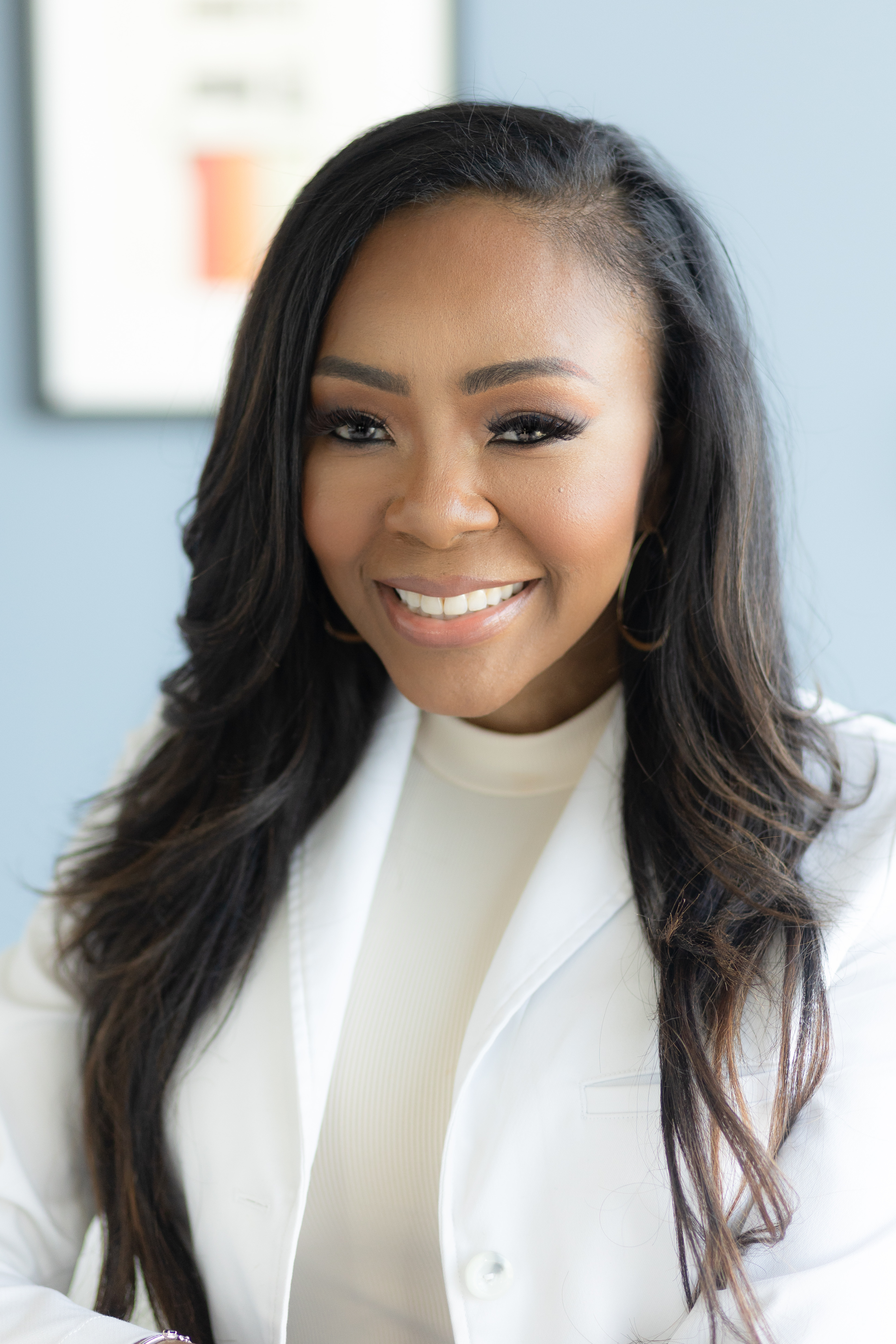AARP Hearing Center

Your eyes and ears do more than help you see and hear. They connect you to the people and places you love. A smile from a grandchild, the sound of a friend’s voice, the ability to drive safely or read the morning paper are all possible because of healthy vision and hearing.
As a Family Nurse Practitioner, I often see patients concerned about changes in their vision or hearing. Some fear the worst, while others brush it off as “just aging.” The truth is that some changes are normal, while others are warning signs of treatable conditions. Knowing the difference can help protect your independence and quality of life.
Normal Changes with Age
Many patients feel reassured when they learn that certain changes are expected.
For vision, common age-related changes include:
- Presbyopia is a condition that requires reading glasses or brighter light to see up close.
- Slower adjustment to light when moving between bright and dark spaces.
- Drier eyes, which may need artificial tears.
- Slight changes in color perception, especially with blues and greens.
For hearing, common changes are:
- Difficulty with high-pitched sounds such as birds or children’s voices.
- More trouble following conversations in noisy places.
- A little extra time needed to process what was said.
These shifts can usually be managed with glasses, better lighting, or hearing strategies.
Warning Signs That Are Not Normal
Other symptoms go beyond normal aging and deserve medical attention.
For vision, seek help if you notice:
- Blurry or cloudy vision that glasses do not improve.
- Glare or halos around lights, especially at night.
- Straight lines appearing wavy or distorted.
- Loss of central or side vision.
These may be signs of cataracts, glaucoma, macular degeneration, or diabetic eye disease.
For hearing, watch for:
- Frequently asking others to repeat themselves.
- Needing the TV or radio much louder than others prefer.
- Persistent ringing or buzzing in the ears.
- Difficulty following phone conversations or confusing similar words.
Untreated hearing loss is linked to falls, depression, and even memory decline.
Why Screenings Matter
Just as you track blood pressure and cholesterol, your eyes and ears need routine care.
Eye exams: After age 60, schedule them every one to two years, or more often if you have diabetes, high blood pressure, or a family history of eye disease. These visits can uncover issues before symptoms appear.
Hearing tests: Have a baseline around age 50, then repeat every few years. An audiologist can identify subtle loss and recommend solutions, including today’s smaller, more effective hearing aids.
Think of screenings as preventive maintenance. They keep your senses working well, just as regular service keeps a car running smoothly.
Everyday Habits That Help
There are many small steps you can take daily to support your vision and hearing.
For your eyes:
- Wear sunglasses with UVA and UVB protection.
- Use brighter lighting at home for reading and tasks.
- Eat leafy greens, citrus, and fish rich in omega-3s.
- Manage diabetes and high blood pressure, which affect eye health.
- Follow the 20-20-20 rule when on screens: every 20 minutes, look 20 feet away for 20 seconds.
For your ears:
- Keep the volume down on devices and TVs.
- Use ear protection at concerts, sporting events, or when mowing the lawn.
- Avoid cotton swabs inside the ear canal.
- See your provider for safe wax removal if needed.
- Stay socially active to keep your brain’s hearing centers sharp.
Why Early Action Makes a Difference
When patients act early, treatments are often simple and effective. Cataract surgery can restore clear vision, new therapies can slow macular degeneration, and modern hearing aids are discreet and comfortable.
Delaying care, however, raises risks. Vision loss increases the chance of falls, and hearing loss can isolate people and affect memory. Acting early preserves not just your senses but your quality of life.
Staying Independent and Connected
Healthy eyes and ears make daily living easier and safer. Facing people when they speak, reducing background noise, and using closed captions or amplified phones all help. Bright lighting, large-print materials, and regular exercise to improve circulation and balance also support independence. And never hesitate to ask loved ones to repeat themselves. Clear communication keeps you connected.
Looking Ahead
Normal age-related changes happen to everyone, but sudden or worsening problems should never be dismissed as “just getting older.” Screenings, healthy habits, and early treatment all play an important role in protecting your vision and hearing.
As a Family Nurse Practitioner, I have seen how small steps make the difference between frustration and freedom. By caring for your eyes and ears today, you give yourself the best chance to remain independent, connected, and fully present in the moments that matter most.
***The information shared in this article is provided for educational purposes only. It is not intended to replace professional medical advice, diagnosis, or treatment from a qualified healthcare provider. If you are experiencing a medical emergency, please call 911. Always consult your healthcare provider for any medical concerns, and do not delay seeking professional advice based on the content found on this website. AARP is not responsible for the consequences of any decisions or actions taken in reliance upon or as a result of the information provided.***

ABOUT NURSE ALICE BENJAMIN
With over 25 years of healthcare experience, “Nurse Alice” Benjamin, MSN, ACNS-BC, FNP-C is a nationally board-certified family nurse practitioner and clinical nurse specialist. Her expertise spans from critical care and emergency medicine to cardiology and community health.
In addition to her clinical work, Nurse Alice is a respected educator, media health contributor, and public speaker who has collaborated with organizations such as the American Heart Association, AARP, and NBC News. She’s the host of the “Ask Nurse Alice” podcast, an AARP ambassador, and a passionate advocate for making healthcare clear, compassionate, and empowering for everyone.































































